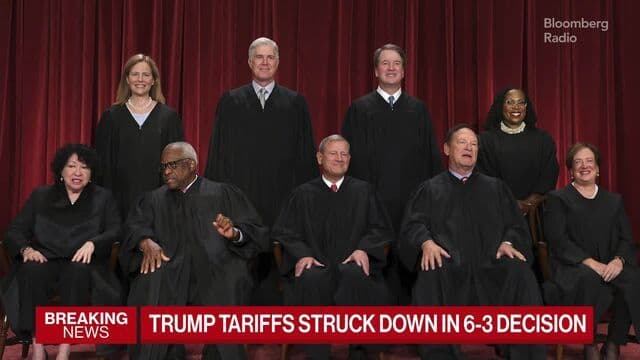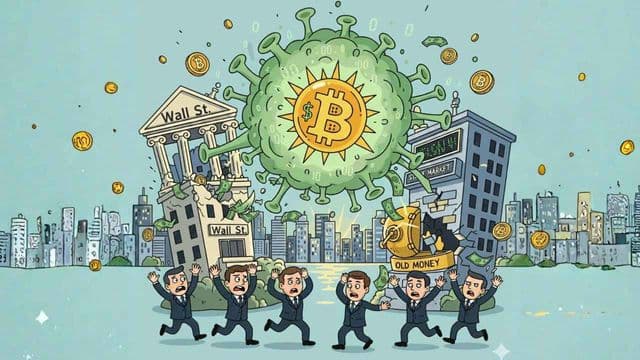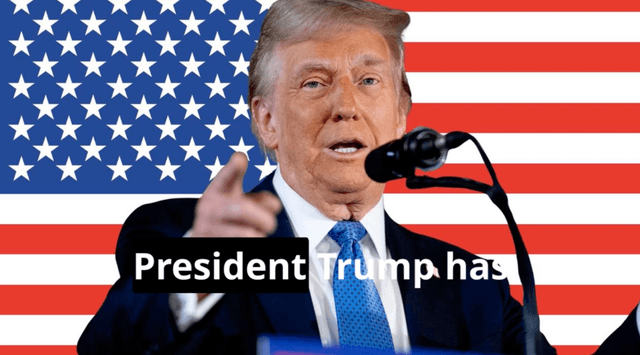This is a Tremendous Day For The Constitution Says Treyz
The US Supreme Court struck down President Donald Trump's sweeping global tariffs, undercutting his signature economic policy and delivering his biggest legal defeat since he returned to the White House. Henrietta Treyz, Managing Partner and Director of Economic Policy at Veda Partners joined Paul Sweeney and Scarlet Fu to discuss the recent Supreme Court Ruling




-640x360.jpg&w=1200&q=75)
-640x360.jpg&w=1200&q=75)













